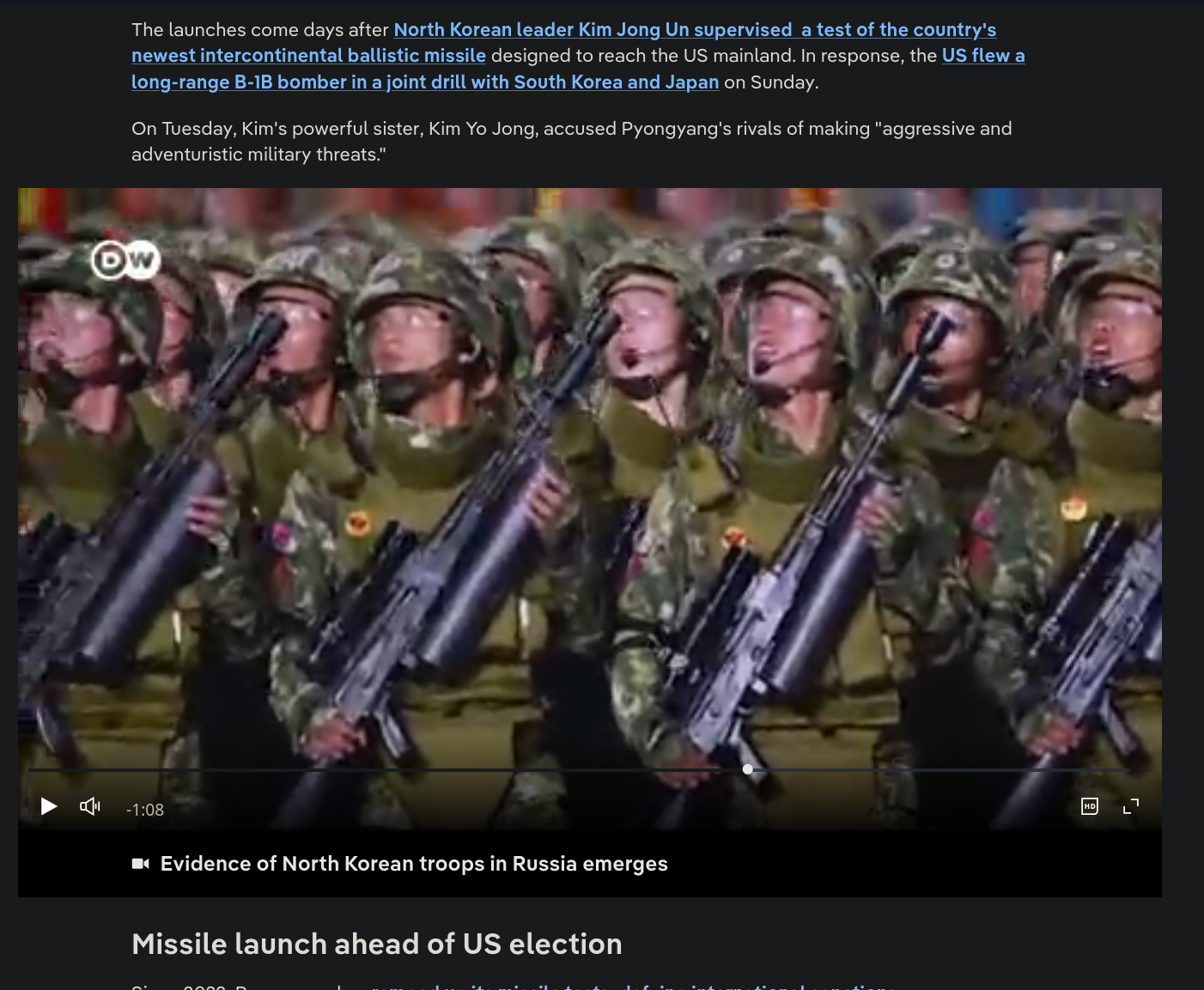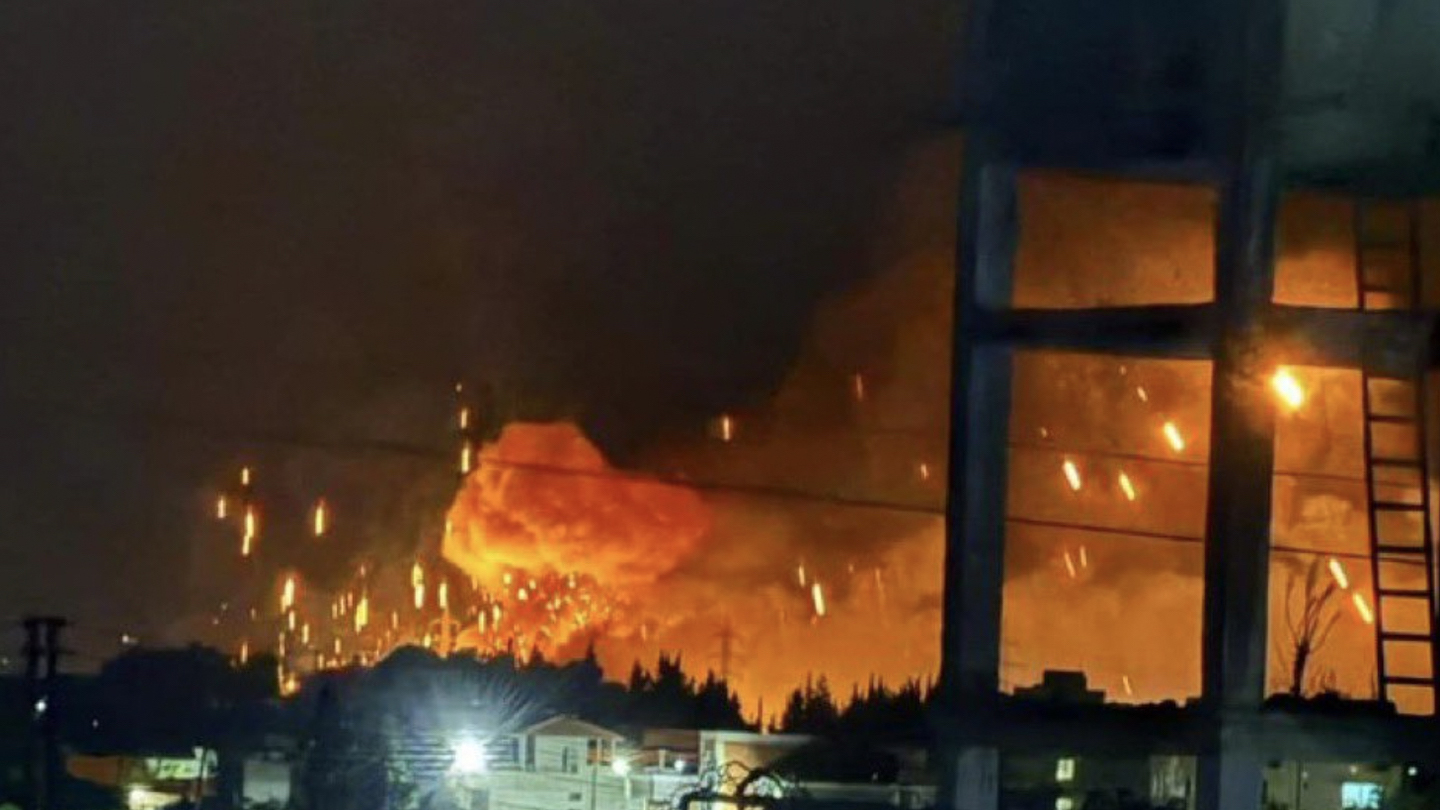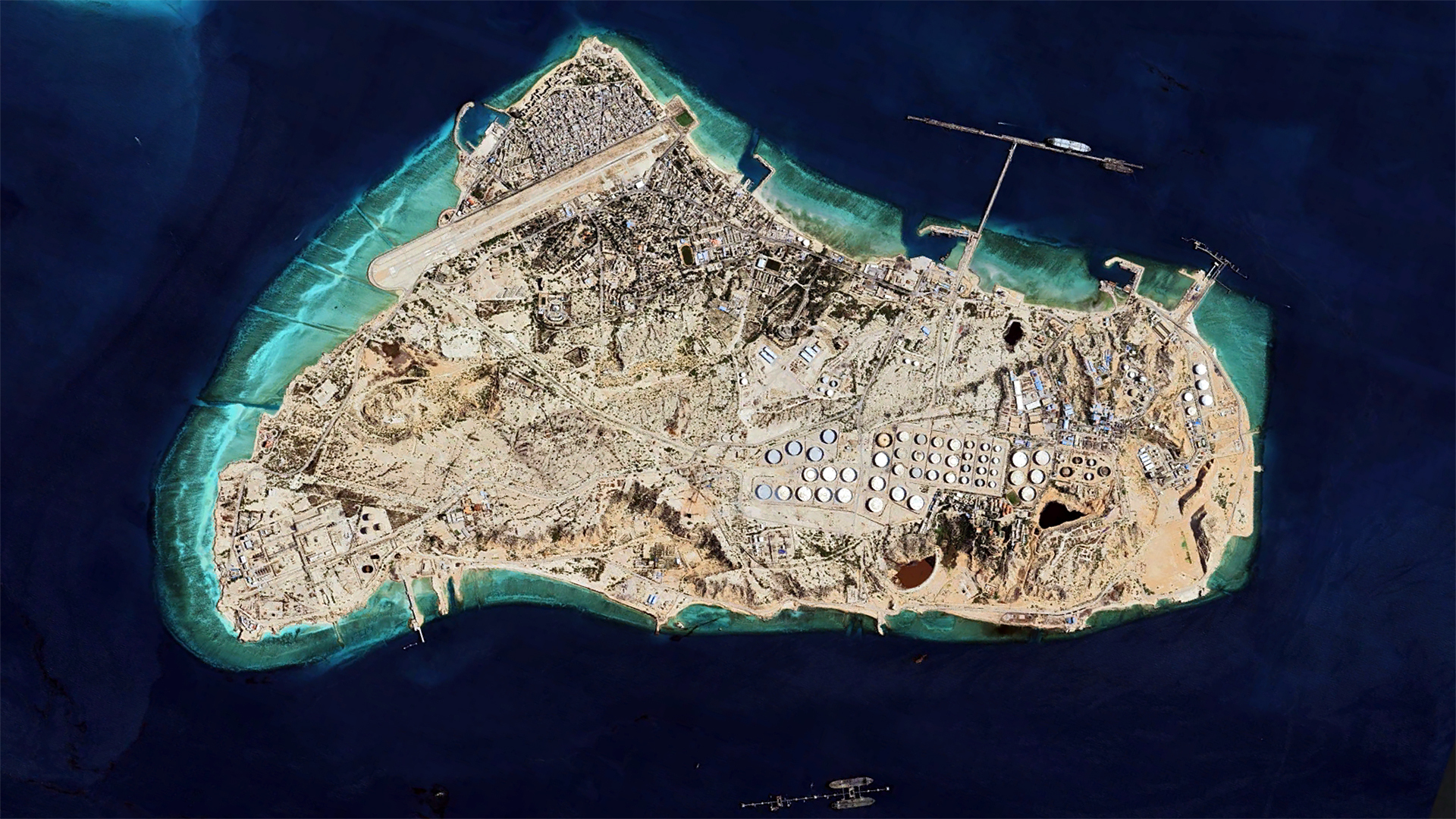

I remember commenting a couple months back on one of those “Arab-Americans not voting for Harris” posts, something along the lines of “it’s your vote, but I think that you’re going to find that you’d rather have Harris than Trump” and listing some past policy moves like the embassy in Jerusalem, and then someone downvoting and responding something along the lines of “identical candidates”.












Fucking, Austria eventually gave in:
https://en.wikipedia.org/wiki/Fugging,_Upper_Austria